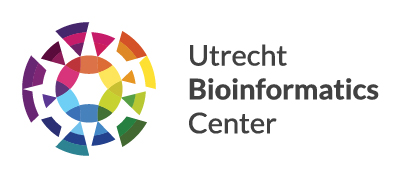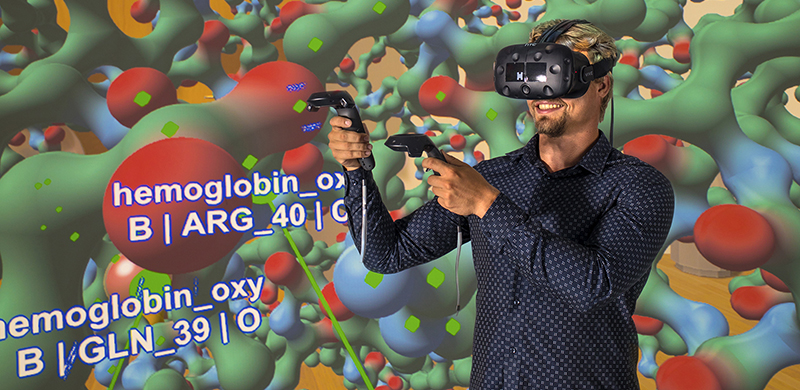The Graduate School of Life Sciences offers a new Master’s programme: Bioinformatics & Biocomplexity (BiBC). The two-year research programme will bring together the intricate worlds of biology, computer and data sciences and focuses on producing and analyzing large data sets in an innovative way. Due to a lack of bioinformaticians and computational biologists, graduates are in high demand. The programme starts per September 2020.
Bioinformatics is used to analyse the multitude of biological ‘big data’ that originate from observations and experiments investigating living matter. Biocomplexity researchers develop mathematical and computational models to simulate these processes and thereby unravel the building blocks and interactions responsible for the observed dynamic behaviour. Therefore, both bioinformatics and biocomplexity research are core to research in the life sciences.
Interdisciplinarity
The programme is broad and interdisciplinary and involves the input from many Utrecht faculties and research institutes such as the Faculty of Science, the Hubrecht Institute, University Medical Centre Utrecht and the Princess Máxima Center for Pediatric Oncology.
Popular already
Expectations for the number of interested students are high. Programme coordinator Bas van Breukelen: “The Graduate School of Life Sciences already offered a Bioinformatics profile to her Master’s students, in which this year only already over 30 students have enrolled. Last year, several bioinformatics courses were overbooked so we had to disappoint some of the prospective students. With this new Master’s programme we offer more opportunities for students in our field of expertise.”
Career opportunities
There is a high demand for skilled scientists in bioinformatics. Graduates can be found in many different laboratories, in research ranging from the search for genes causing a particular disease to fundamental research aimed at understanding how e.g. cells decide between division and differentiation, or how organisms defend themselves against disease. Additionally, they can be found in research institutes and companies that study e.g. novel drug targets, explore ecological models or improve crop yield.

